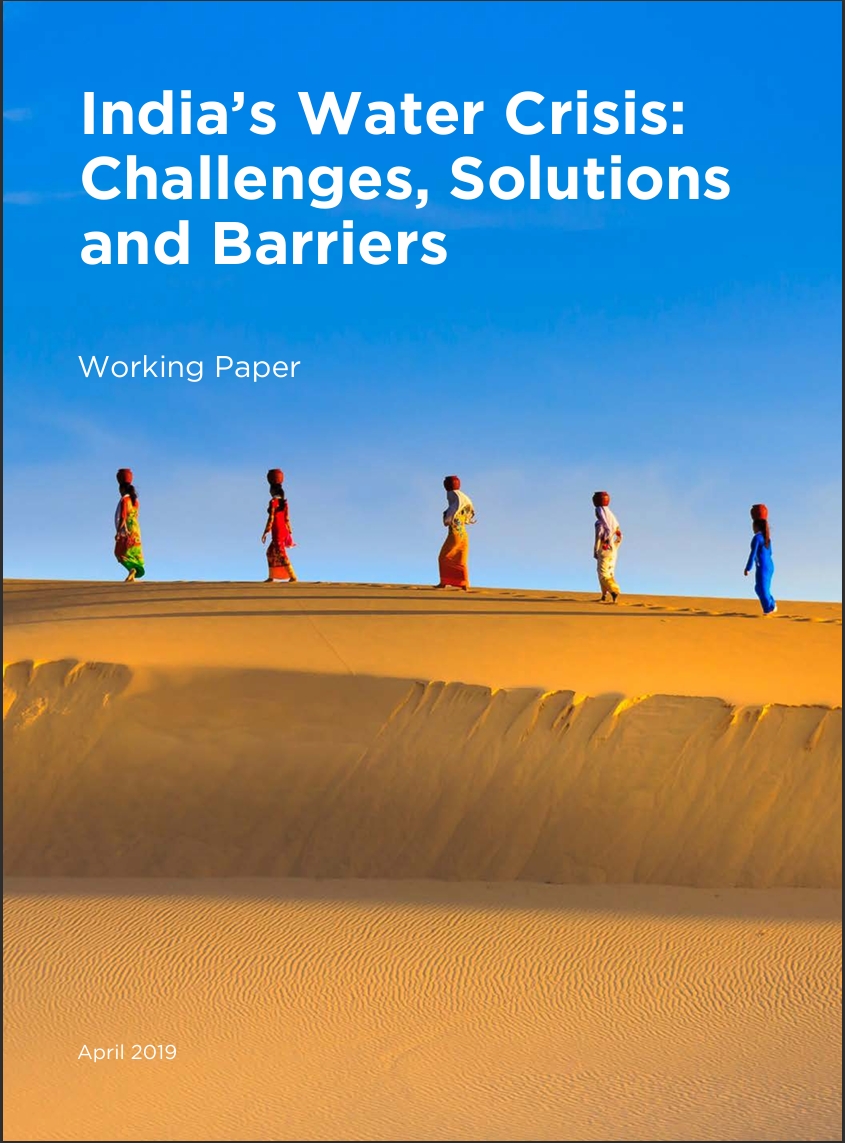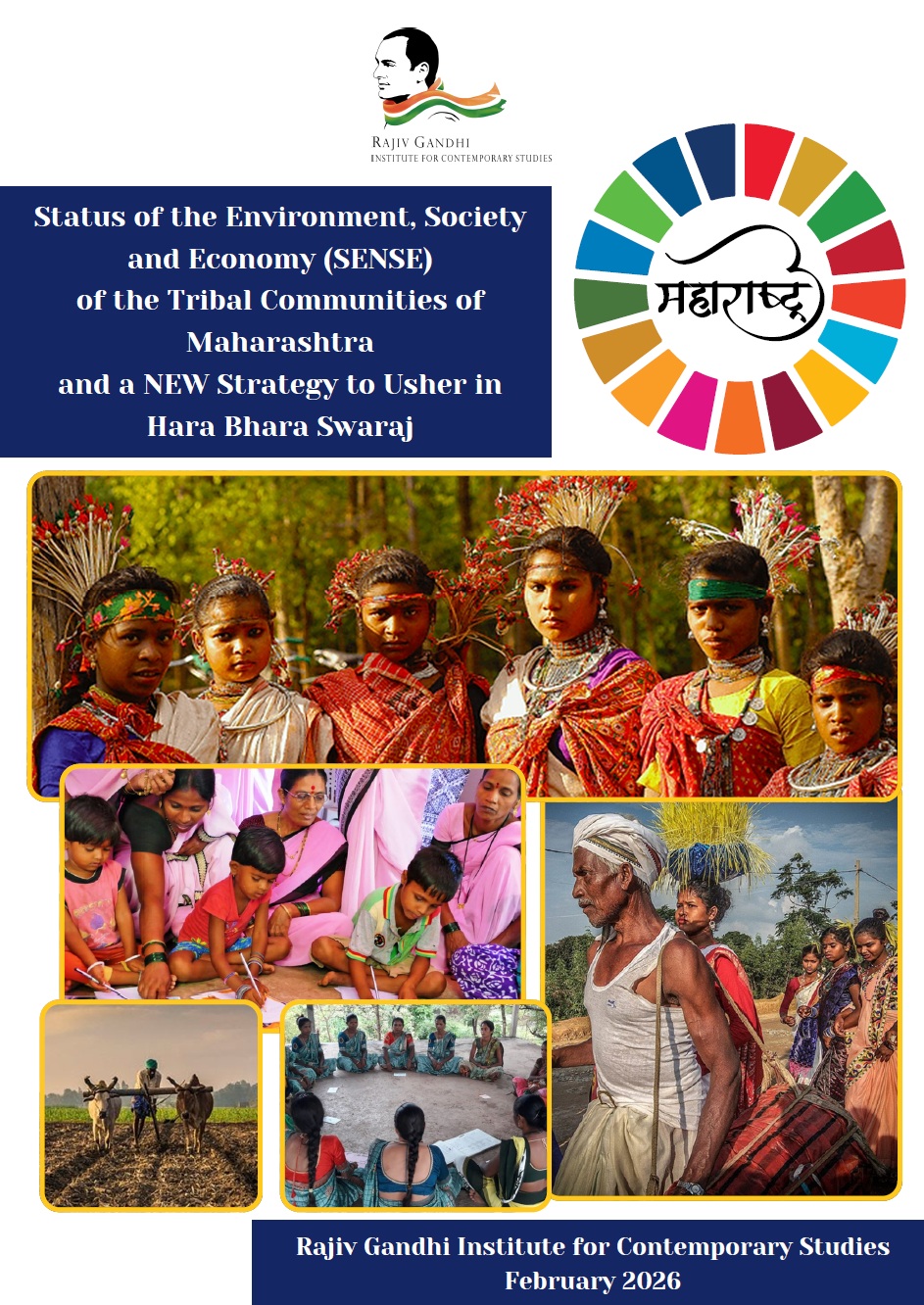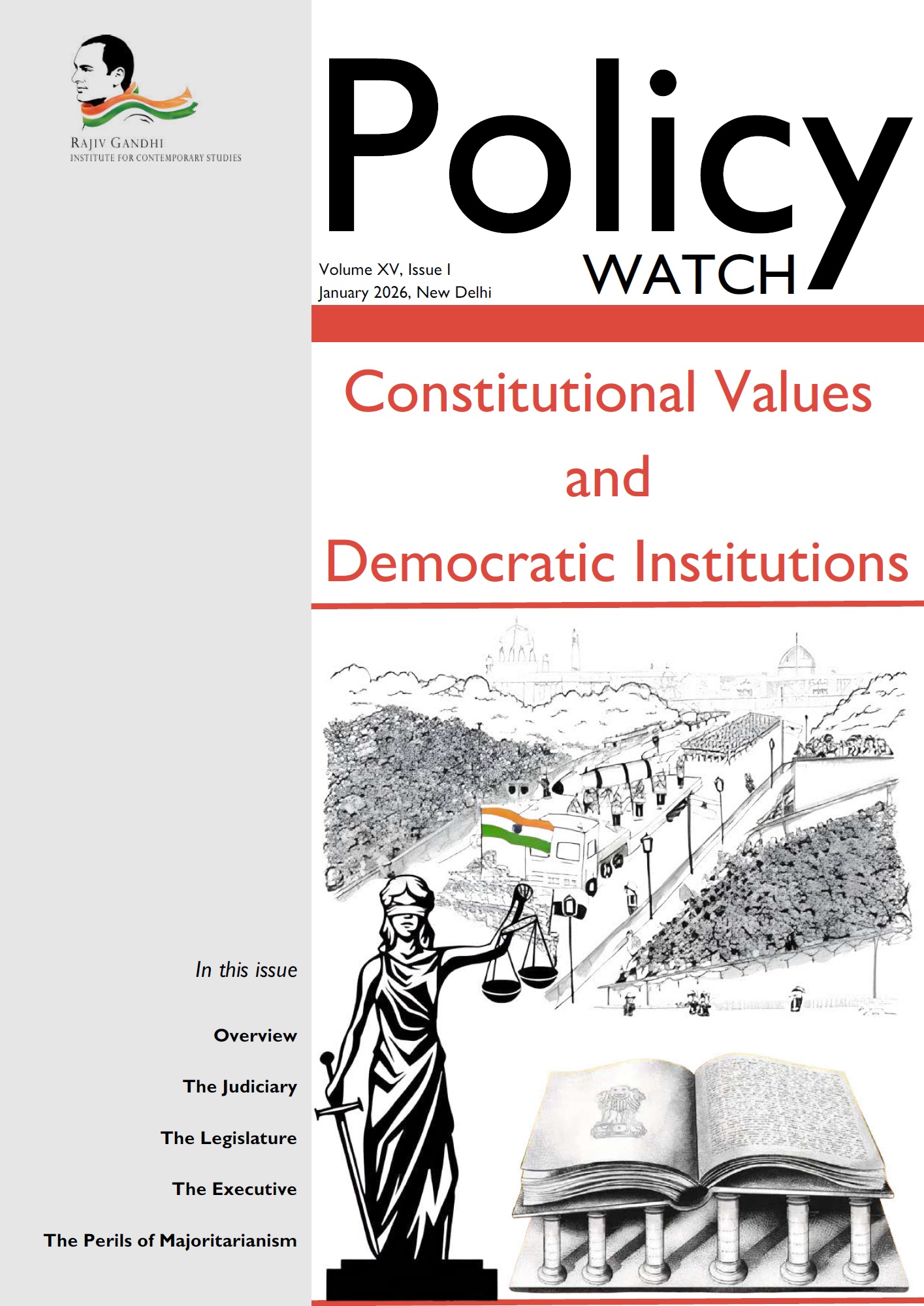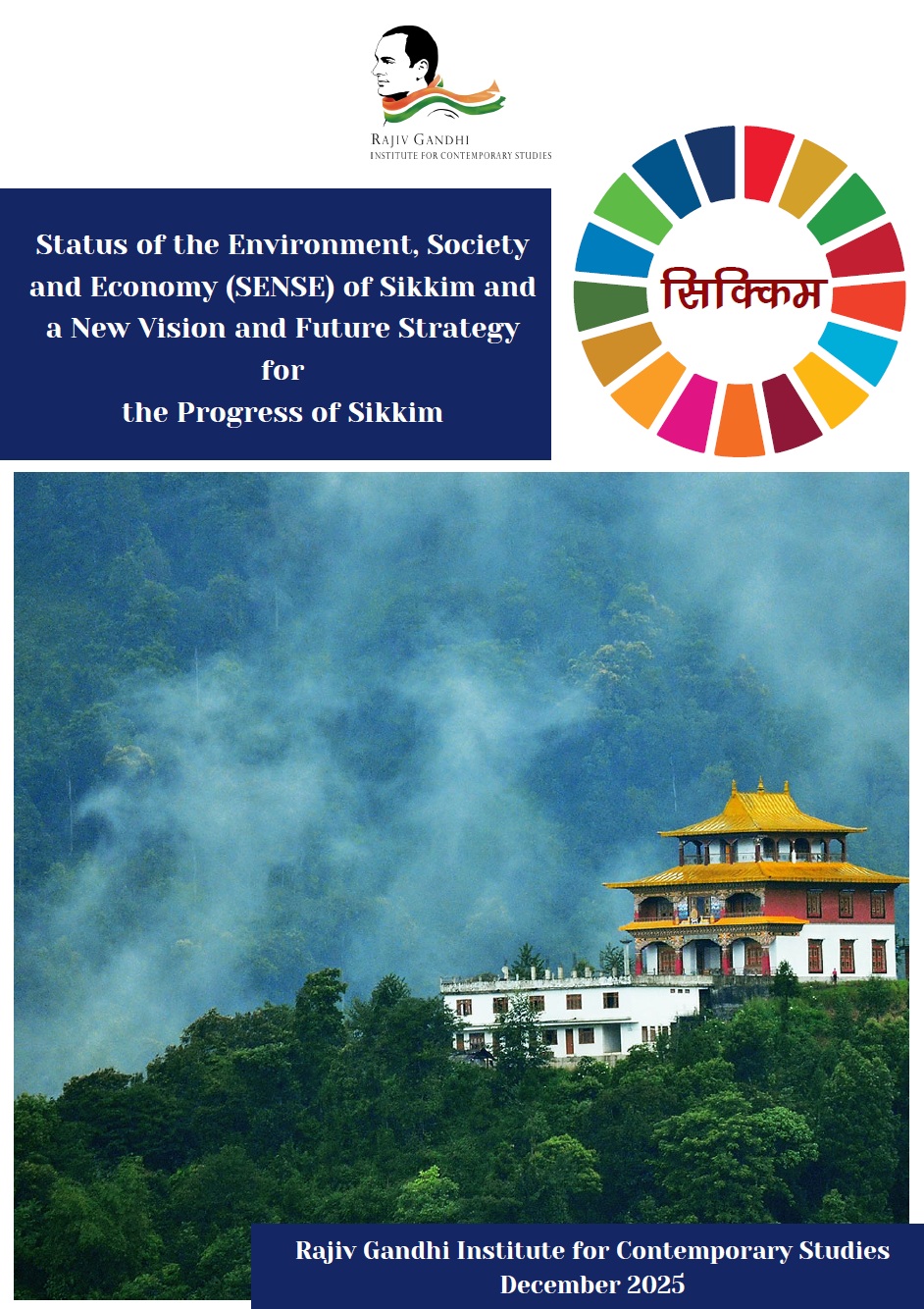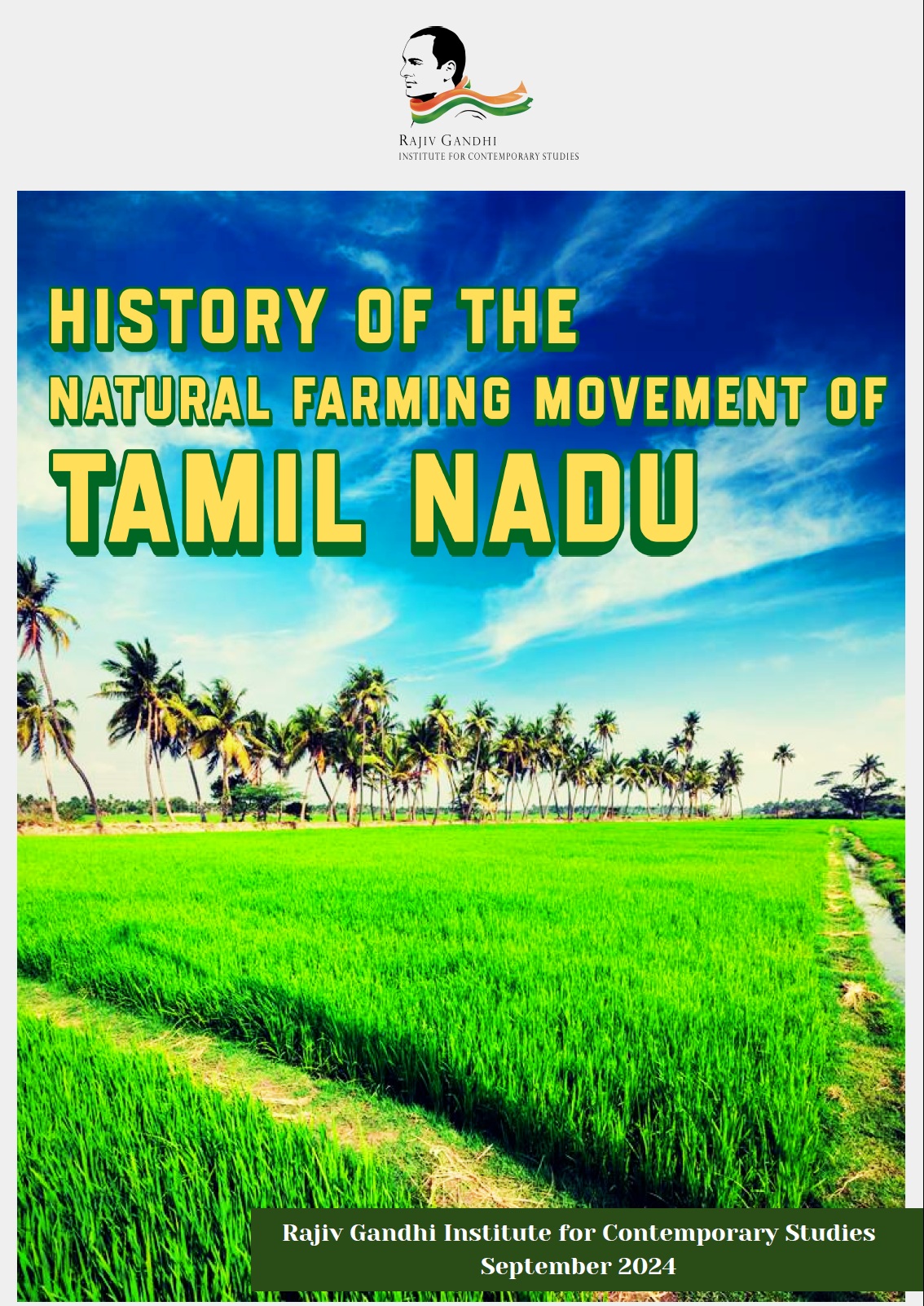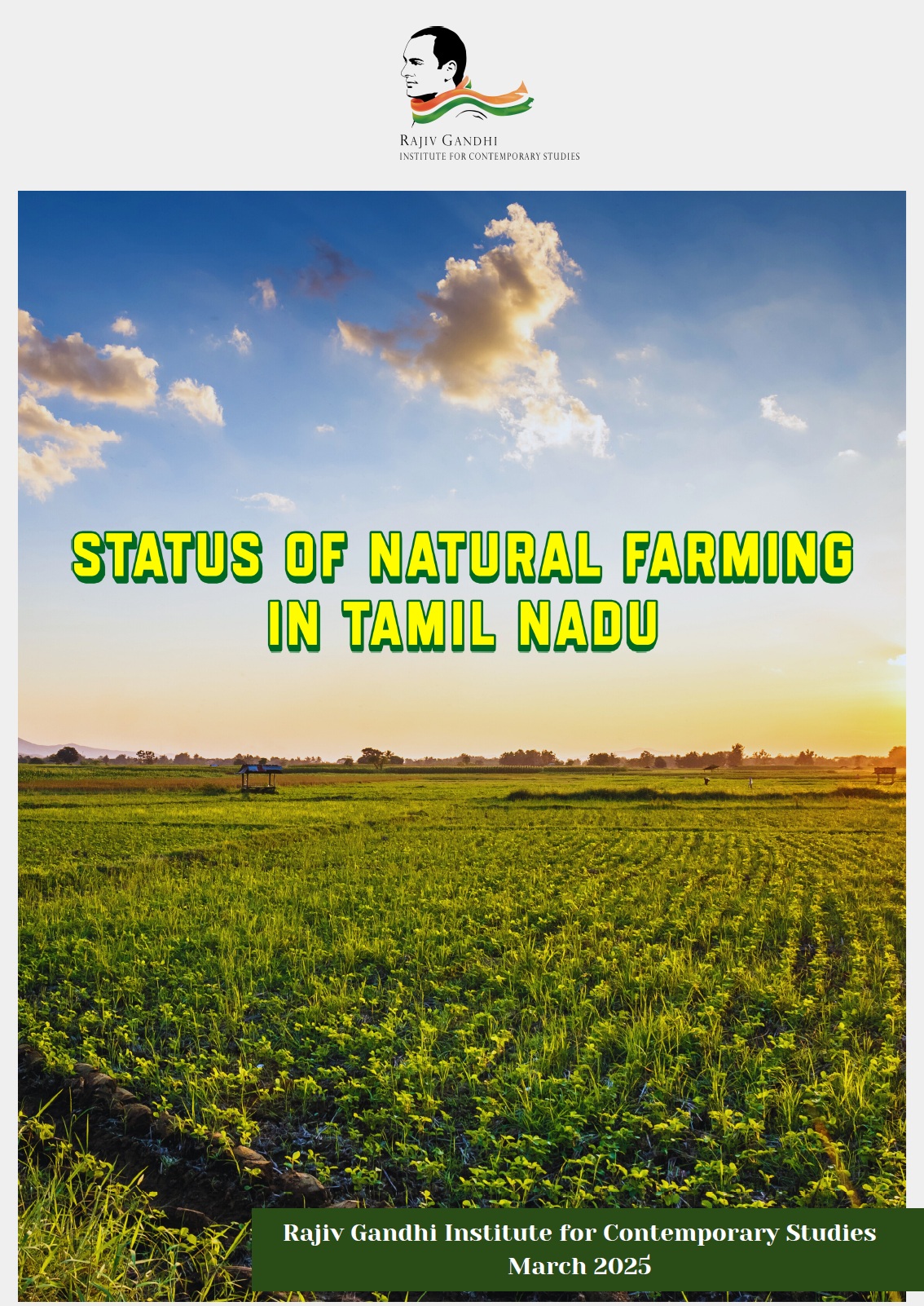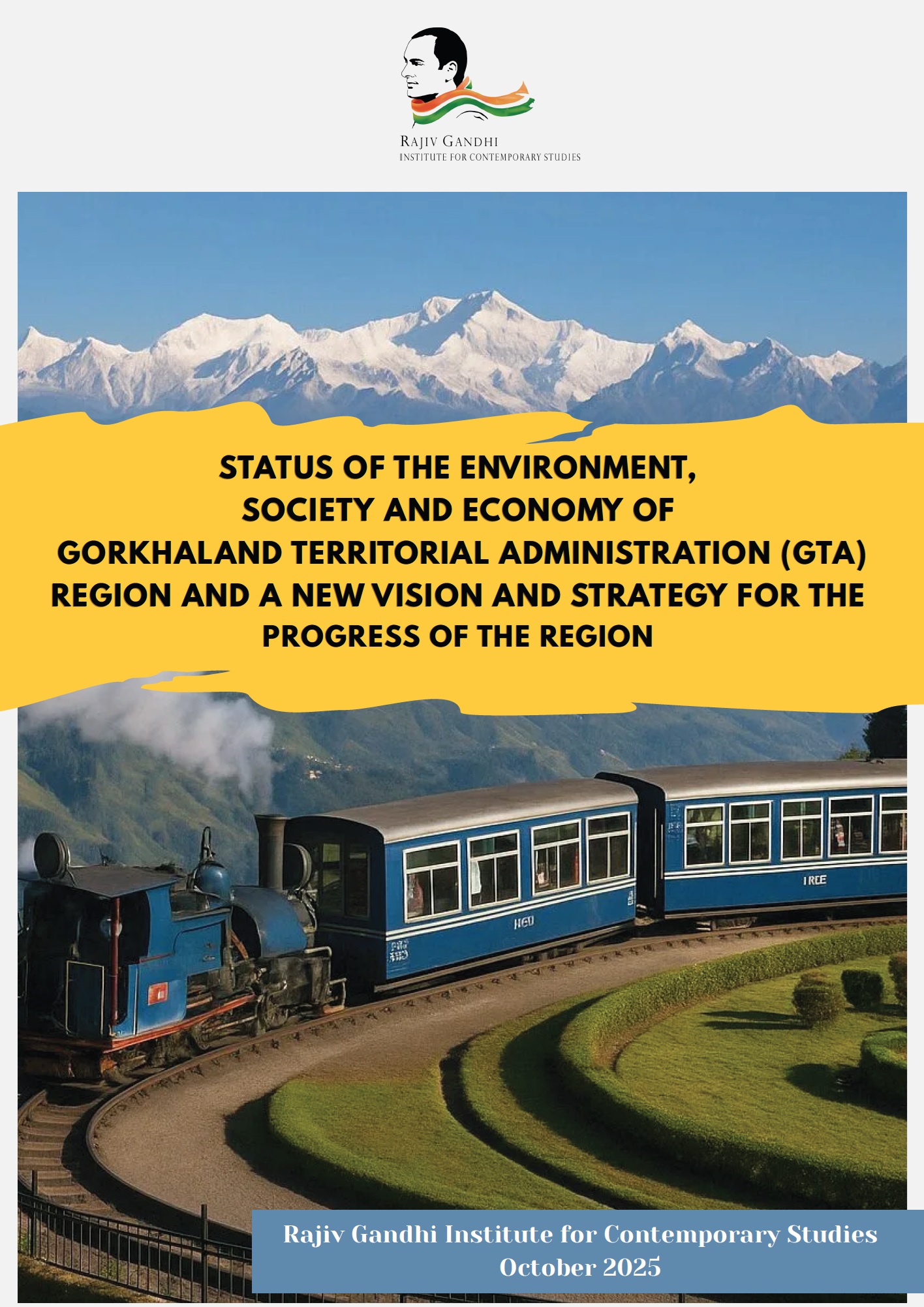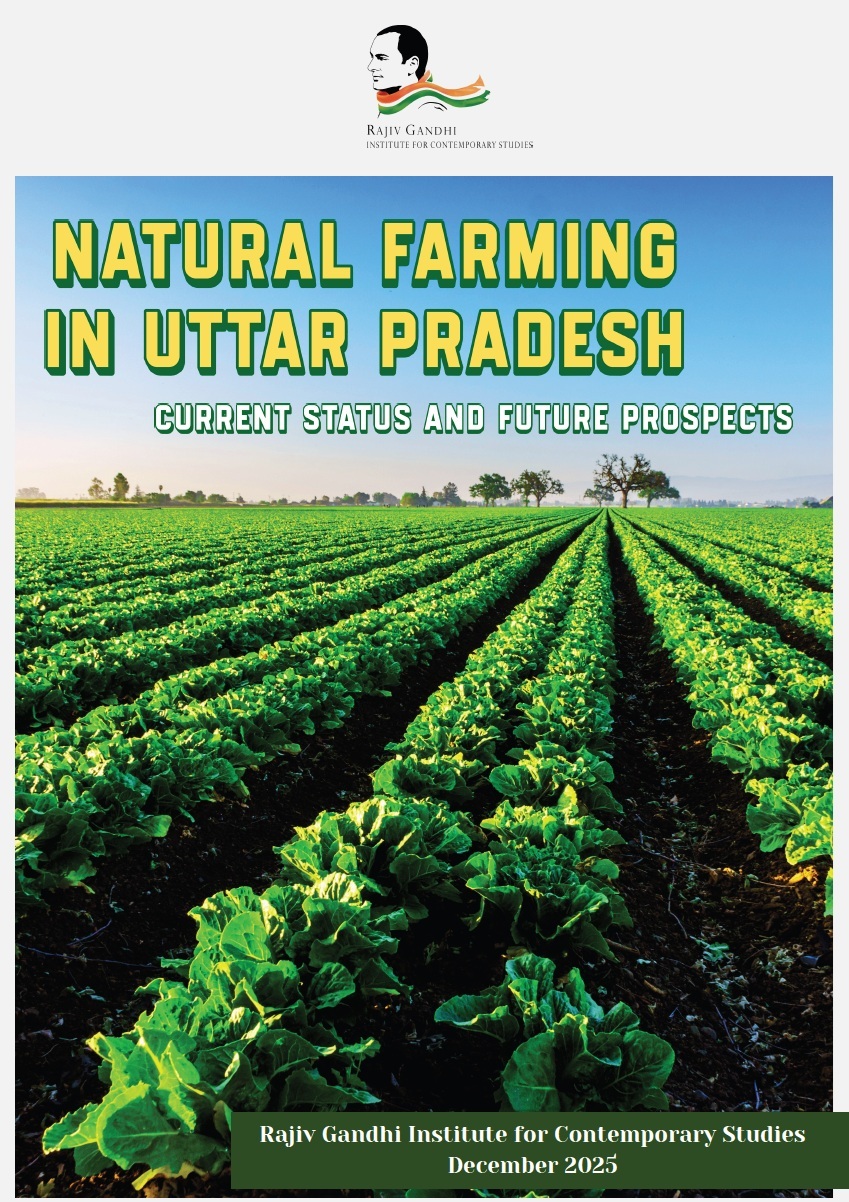India’s water crisis is escalating fast, and it’s everyone’s problem. With a booming population and reckless groundwater extraction, the country is heading toward a disastrous demand-supply gap—expected to widen by 78% by 2050. Over half of India’s groundwater wells are drying up, and the biggest culprit is agriculture, which consumes a staggering 84% of the country’s water. Urgent reforms are needed, especially around better irrigation practices, integrated water management, and smarter agricultural policies.
This working paper, “India’s Water Crisis: Challenges, Solutions, and Barriers,” paints a worrying picture. While India has only 4% of the world’s freshwater, it must sustain 17% of the global population. The main water sources—precipitation and river flows—are dwindling due to over-extraction, pollution, and climate change.
Agriculture is the biggest water guzzler, with crops like rice, wheat, and sugarcane taking more than half of all water used. Ironically, much of this is grown in already water-stressed states like Punjab and Haryana. Poor irrigation systems and excessive dependence on groundwater through tube wells are making things worse. Meanwhile, climate change is throwing everything off balance with unpredictable rainfalls and melting glaciers.
The report suggests practical solutions like promoting rainwater harvesting, combining surface and groundwater usage (conjunctive water management), and switching to climate-resilient crops. It also emphasizes the need to change crop patterns—growing water-hungry crops in wetter regions and less-thirsty ones in drier areas. Improving irrigation infrastructure and breaking down bureaucratic barriers between agencies managing water resources are essential.
Despite several policy recommendations over the years, action has been slow, mostly due to outdated policies, bureaucratic resistance, and conflicting interests. The report urges immediate reforms focused on decentralization, better data sharing, and engaging communities to make real progress.
Keywords: Water Crisis, Groundwater Depletion, River Basins, Water Pollution, Irrigation Infrastructure, Water Management, Climate Resilient Agriculture, Demand-Supply Gap, Integrated Water Resources Management (IWRM), Policy Reform
India’s Water Crisis: Challenges, Solutions and Barriers
Send download link to:

